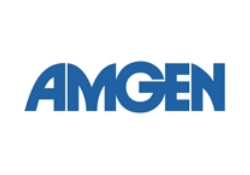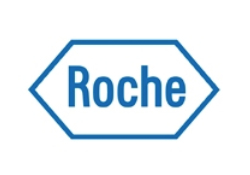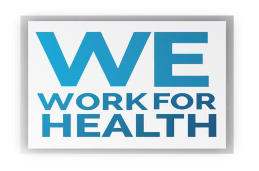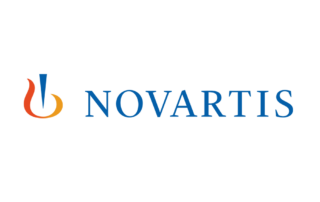Vital Transformation is a small, unique consultancy focused on addressing the challenges of today’s modern healthcare system. We partner with your organisation to help you find answers to hard to solve problems.
Contact us to learn how Vital Transformation can help your organisation.
LATEST RESEARCH
LATEST COMMUNICATIONS

Our Communication Services
In this episode of the Vital Health Podcast, host Duane Schulthess speaks with John Murphy, President and CEO of the Association for Accessible Medicines (AAM), to discuss how U.S. purchasing dynamics and thin margins drive shortages, the evolving biosimilar landscape amid insurer vertical integration, the Inflation Reduction Act (IRA)’s ripple effects on plan risk and rebates, Most Favored Nation (MFN) policy proposals, and what it will take to reshore capacity while preserving competition and patient access.
Find all our communication projects on Better Science, Better Health
MORE RESEARCH
The Impact on R&D Investment of the CMS Draft National Coverage Determination for Amyloid-directed Monoclonal Antibodies in Alzheimer’s Disease
• The Centers for Medicare and Medicaid Services (CMS) has introduced a draft national coverage determination (NCD) for amyloid-targeting Alzheimer's disease (AD) therapies which brings new uncertainties into investment decisions / ROI calculations.
• This analysis measures the potential impact of this NCD - using assumptions based on the current draft language and historical data about AD R&D trials and investment, we assume that the NCD will add 3 or more years to the time it takes for an AD asset to see any return on investment.
• Of the programs currently in development – IF the proposed NCD was in place at the time of program initiation, 93% of investments would have had negative ROI and therefore would not have likely been made.
• Furthermore, the results of our research find that many existing clinical development programs would likely be halted - this is not only true for amyloid-targeting therapies, but all AD treatments, as neurological disorders often use the same endpoint threshold when applying for CMS program participation.
• The NCD, if implemented, reduces our estimated 39 treatments with a net positive ROI to 3, with an assumed three-year delay; with a four-year delay, we find only one therapy with a positive ROI in our model.
• Finally, the NCD introduces new and material risks to the ROI calculations for potentially all products approved under the accelerated approval pathway, which is vital to supporting the development of treatments targeting high unmet medical needs and significant scientific challenges.
An Omicron oddity: The number of cases doesn’t predict the number of deaths
22 December 2021

Early in the Covid-19 pandemic, the case fatality rate was frightening. This metric represents the proportion of all known people infected with a disease who die from it. The World Health Organization initially put it as high as nearly 16% in Algeria.
Several colleagues and I at Vital Transformation began closely following the data on Covid-19 early in the pandemic. We wondered if case fatality rates might be skewed by lack of testing. We collected data on various indictors that early on were thought to be influencing the spread of Covid-19.
Why is the Plasma Industry Different than Biopharma?
• Unprecedented cost increases – in an industry that already experienced serious patient access challenges in 2019, pre-US border policy and pre-COVID-19 – have put manufacturers under considerable strain worldwide.
• As a majority global plasma donations come from the United States, poorly considered, one-size-fits all reimbursement decisions will substantially increase the risk of patient access concerns and negatively impact the sector globally.
• The plasma industry is subject to many of the same pressures of other industries. As ingredient costs rise and reimbursement falls there must be a point where the viability of that industry is in jeopardy.
VITAL HEALTH PODCASTS
Our podcast series is also available via your favourite channels!
 |
 |
|---|---|
 |
 |
NEWSLETTER
Register now to receive all the latest updates from Vital Transformation including our research, podcasts and more…
VT on X
Claims that the IRA wouldn’t affect innovation overlooked how early-stage investors really make decisions. Our research shows the pipeline for senior-focused therapies is already narrowing.
— VitalTransformation (@VitalTransform) April 18, 2025
Read the full breakdown: https://t.co/4EzJGdMcU4@weworkforhealth #IRA #DrugPricing
The IRA’s 9-year cap for small molecules and 13-year cap for biologics rerouted investment away from the pills seniors rely on. We sat down with @steveusdin1 to unpack how this shift skews R&D incentives and future therapies.
— VitalTransformation (@VitalTransform) April 27, 2025
Listen here: https://t.co/FCjKFdIhsU@weworkforhealth pic.twitter.com/phoDI4ZrhK
Our clients include many of the world’s leading health care organisations.




































